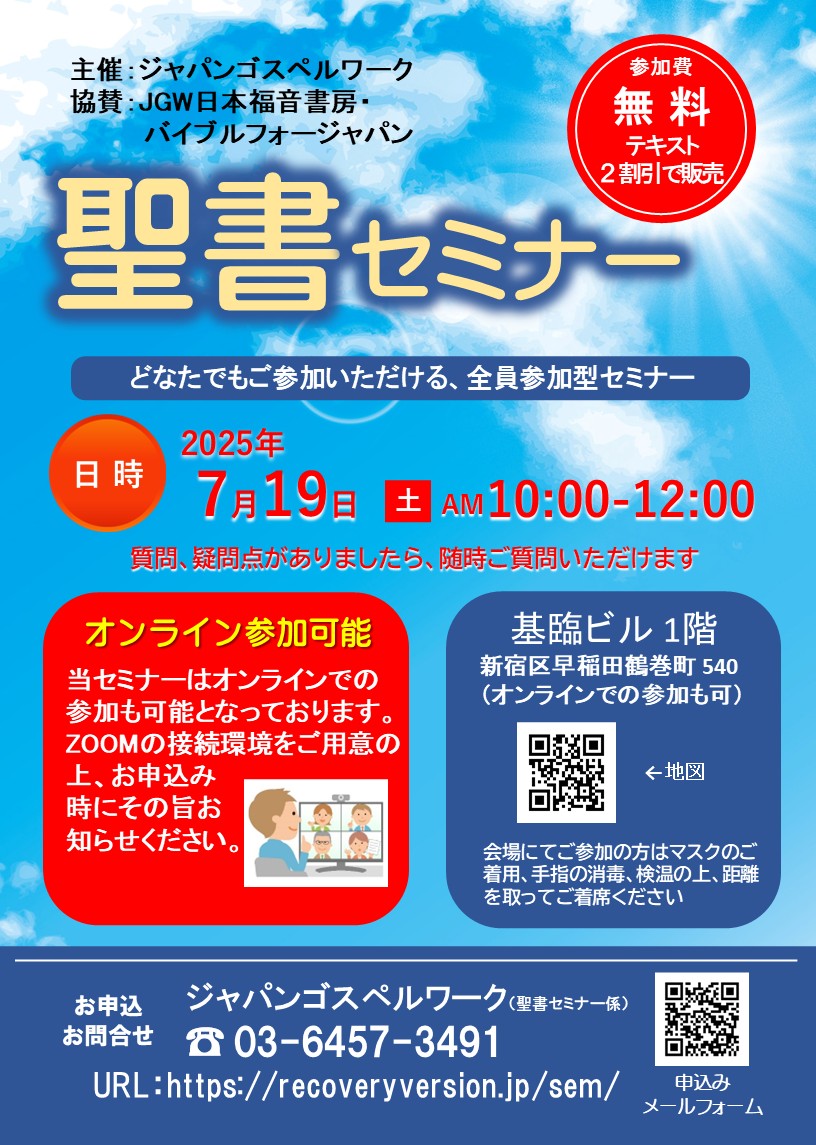
彼の王国(βασιλείας αὐτοῦ<basileias autou>―マタイ13:41)
【回復訳】 人の子は御使いたちを遣わす.そして彼らは彼の王国から、すべてつまずきとなるものや不法を行なう者たちを集めて、
【KG訳】 人の子はその使たちをつかわし、つまずきとなるものと不法を行う者とを、ことごとく御国からとり集めて、
【SK訳】 人の子はその御使いたちを遣わします。彼らは、つまずきを与える者や不法を行なう者たちをみな、御国から取り集めて、
【SKD訳】 人の子は天使たちを遣わし、つまずきとなるものすべてと不法を行う者どもを自分の国から集めさせ、
ギリシャ語
ἀποστελεῖ ὁ Υἱὸς τοῦ ἀνθρώπου τοὺς ἀγγέλους αὐτοῦ, καὶ συλλέξουσιν ἐκ τῆς βασιλείας αὐτοῦ πάντα τὰ σκάνδαλα καὶ τοὺς ποιοῦντας τὴν ἀνομίαν,(Nestle 1904)
Strong's Concordance
basileia: kingdom, sovereignty, royal power
Original Word: βασιλεία, ας, ἡ
Part of Speech: Noun, Feminine
Transliteration: basileia
Phonetic Spelling: (bas-il-i'-ah)
Definition: kingdom, sovereignty, royal power
Usage: kingship, sovereignty, authority, rule, especially of God, both in the world, and in the hearts of men; hence: kingdom, in the concrete sense.
Strong's Concordance
autos: (1) self (emphatic)*注 (2) he, she, it (used for the third pers. pron.) (3) the same
Original Word: αὐτός, αὐτή, αὐτό
Part of Speech: Personal Pronoun
Transliteration: autos
Phonetic Spelling: (ow-tos')
Definition: (1) self (emphatic) (2) he, she, it (used for the third person pronoun) (3) the same
Usage: he, she, it, they, them, same.
*注 'he does not himself do this or that,'「彼自身はこれやあれをしません」など、彼(代名詞)を強調するように使用する
解説
『[彼の王国は]人の子の王国。千年王国の地的部分、メシア王国のことです。』(マタイ13:41フットノート 1)




























